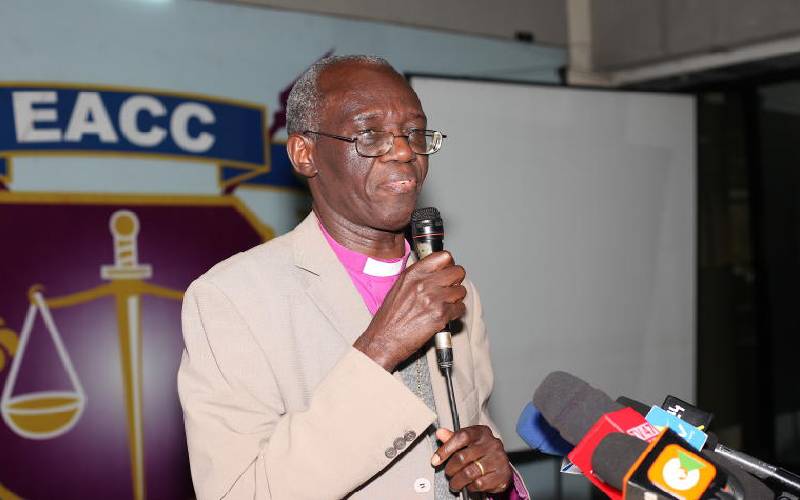×
The Standard e-Paper
Kenya’s Boldest Voice

Kenyans working in public offices have developed a bigger appetite for bribes.
A new report shows corruption cases in the public service increased by 11 per cent and put the office of the Registrar of Persons top among institutions where bribery is rampant.